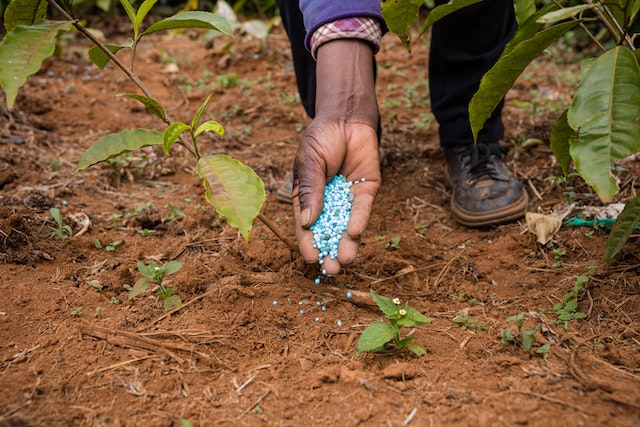
Malaysia’s agricultural sector has long been a vital component of its economy, contributing to food security and export revenues. The nation’s commitment to sustainable farming has led to significant advancements in recent years, including establishing state-of-the-art fertilizer plants and pressure vessel manufacturing facilities. This article delves into the critical roles of a fertilizer plant and pressure vessel manufacturer in Malaysia, specifically focusing on granulation plant fertilizer production.
Fertilizer Plant in Malaysia: A Pillar of Agricultural Advancement
The development of a modern fertilizer plant in Malaysia has played a crucial role in enhancing agricultural productivity. Fertilizers are essential for replenishing soil nutrients, promoting plant growth, and maximising crop yields. As Malaysia strives to meet the demands of a growing population, establishing advanced fertilizer production facilities has become paramount.
These state-of-the-art fertilizer plants utilise cutting-edge technologies to formulate custom blends of nutrients tailored to the specific needs of various crops. With precision agriculture techniques, these facilities can optimise the nutrient composition to ensure efficient plant uptake, minimise waste, and reduce environmental impact.
Pressure Vessel Manufacturer: Supporting Industrial Growth
In tandem with the growth of the agricultural sector, the pressure vessel manufacturing industry in Malaysia has been thriving. Pressure vessels play a crucial role in fertilizer production, responsible for safely storing and processing various materials, including chemicals and gases.
Pressure vessel manufacturers in Malaysia adhere to stringent safety standards and regulations to ensure the integrity and reliability of these vessels. These vessels are designed to withstand high pressures and temperatures, making them essential components in fertilizer production, especially during the granulation process.
Granulation Plant Fertilizer: Enhancing Nutrient Efficiency
Granulation is a pivotal process in fertilizer production, transforming raw materials into uniform, granular particles that are easier to handle and apply. Granulated fertilizers offer several advantages, such as reduced nutrient leaching, improved nutrient distribution, and enhanced plant uptake.
In Malaysia, granulation plant fertilizers are produced with a keen focus on nutrient efficiency and environmental sustainability. These plants employ innovative techniques to create granules that release nutrients gradually, ensuring a steady supply of essential elements to crops over an extended period. This not only maximises the effectiveness of the fertilizers but also minimises the risk of nutrient runoff, safeguarding water bodies and ecosystems.
Sustainable Agricultural Practices: A Holistic Approach
The fertilizer plant and pressure vessel manufacturing industries in Malaysia contribute to the country’s commitment to sustainable agricultural practices. The collaboration between these sectors enables the production of high-quality, precisely formulated fertilizers while ensuring the safe storage and processing of materials through reliable pressure vessels.
Furthermore, emphasising research and development in these industries drive continuous improvement. Manufacturers and researchers work hand in hand to innovate and optimise fertilizer formulations, granulation techniques, and pressure vessel designs. This dedication to advancement boosts agricultural productivity and aligns with global sustainability goals.
Conclusion
The synergy between a modern fertilizer plant and pressure vessel manufacturers in Malaysia is instrumental in propelling the nation’s agricultural sector forward. These industries contribute to enhanced crop yields, improved nutrient management, and a more sustainable agricultural future by producing granulation plant fertilisers and providing reliable pressure vessels.
As Malaysia prioritises sustainable agricultural practices and technological innovation, the fertilizer plant and pressure vessel manufacturing sectors will remain essential components of the country’s journey toward food security, environmental stewardship, and economic growth.
